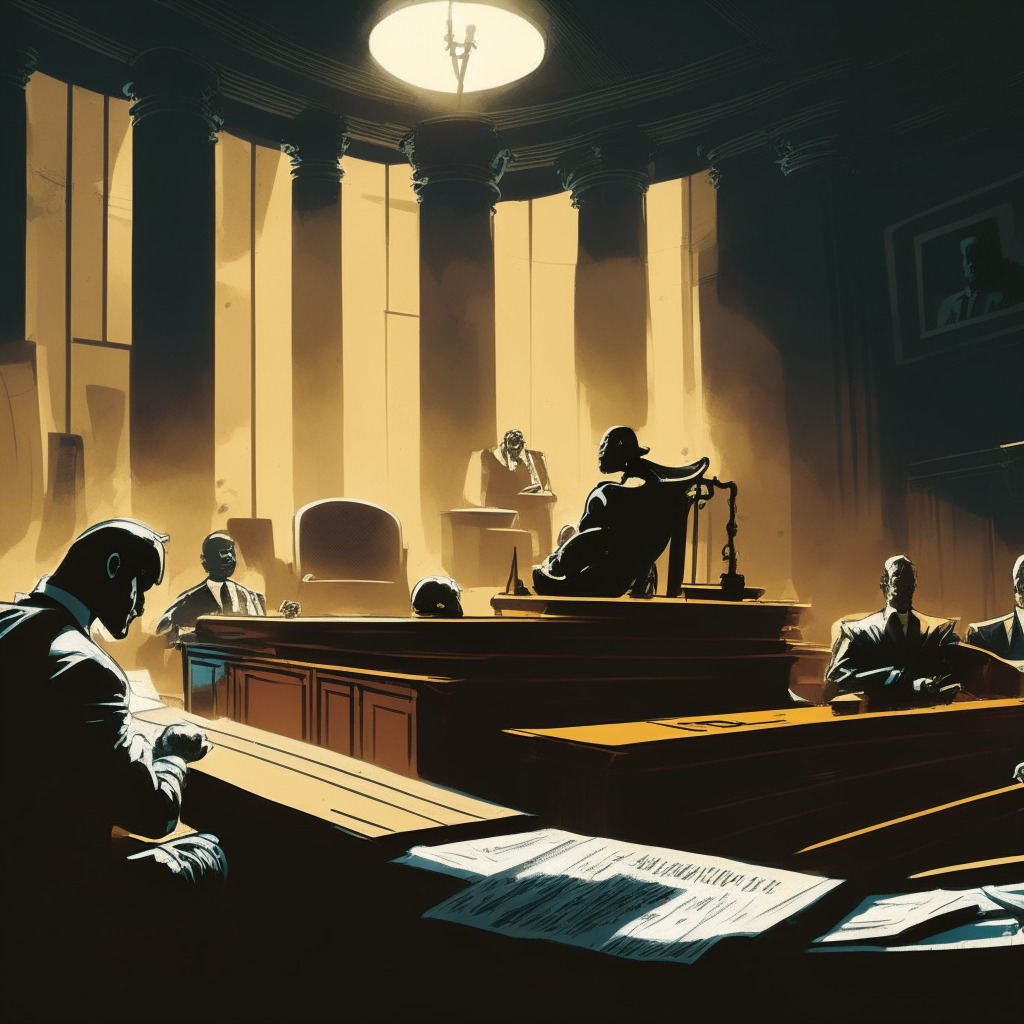In the world of crypto regulations, one interesting development arises from Grayscale, a renowned crypto asset manager. The company expressed its dissatisfaction with regulators, particularly the U.S. Securities and Exchange Commission (SEC), in a letter they shared on Twitter. The bone of contention stems from the SEC’s approval of a leveraged Bitcoin-based exchange-traded fund (ETF), while rejecting Grayscale’s own application for a spot Bitcoin ETF.
The letter, dispatched to the U.S. Court of Appeals for the District of Columbia Circuit, implicated the SEC for showing preferential treatment. It stated that the approved leveraged ETF launched in late June poses even higher risks than the traditional Bitcoin futures exchange-traded products that Grayscale offers. It’s noteworthy that Grayscale operates under Digital Currency Group, which happens to be CoinDesk’s parent company.
Grayscale’s lawyers conveyed in the letter a feeling of being singled out, stating that the SEC could, in theory, modify its treatment of spot Bitcoin ETPs by withdrawing approval of all Bitcoin-based ETPs. However, they lamented that the SEC has made its intentions clear not to take such action.
Resurfacing from this situation is Grayscale’s bitter pill of rejection from last year when the SEC turned down its application to convert its Grayscale Bitcoin Trust (GBTC) into an ETF. This spurred Grayscale into action, filing an appeal against the regulatory body, citing a breach of the Administrative Procedures Act.
The DC Circuit Court, after hearing arguments from both Grayscale and the SEC back in March, is expected to make a ruling later this year. This anticipated verdict introduces an element of suspense that keeps observers on their toes, a common trait in crypto regulation narratives.
Taking a dive into this regulatory tussle, it’s clear that decisions can form a ripple effect across the crypto landscape. The main contention here stems from Grayscale’s allegation of discriminatory treatment by the SEC. If the court rules in Grayscale’s favor, it could set a precedent that may influence future applications and regulatory decisions. On the other hand, should the SEC maintain its stance, it could send a strong signal about regulatory standards and the risk tolerance of authorities.
Ultimately, the fine line between fostering innovation and maintaining a tight leash on regulatory adherence continues to be a delicate balancing act in the crypto realm.
Source: Coindesk




